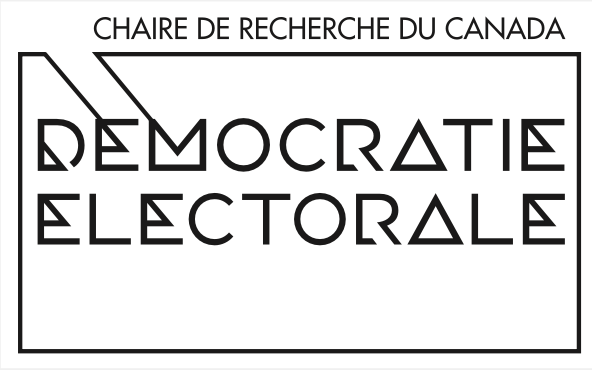Electoral Chairs’ Seminars – August 24
24 August 2022 • 12:00 13:00
C-4145 Lionel-Groulx
Much Ado About Debt?
Charlotte Cavaille (Assistant professor at University of Michigan)
For countries with cheap borrowing costs, putting deficit concerns aside is politically more attractive than crafting ambitious fiscal responses to rising public debt. Should we conclude that voters impose few constraints on deficit-friendly policymakers? In this paper, we identify and test for the existence of three possible constraints. First, we investigate the existence of subconstituencies, i.e., a plurality of voters with strong preferences for lower deficits and debt. Second, we turn to framing asymmetry and examine whether voters tend to resist narratives describing high debt levels as sustainable while more willingly embracing narratives describing them as unsustainable. Third, we test for the existence of expectation spillovers, including more pessimistic tax or inflation expectations in a high debt context. Using novel observational and experimental evidence from Great Britain, we find no evidence for such constraints. Instead, our results suggest that the public, unable to think through the long-term consequences of high debt levels, rarely has well-formed opinions on this topic. Those who do are a minority with limited political influence.

This content has been updated on 17 August 2022 at 15 h 06 min.